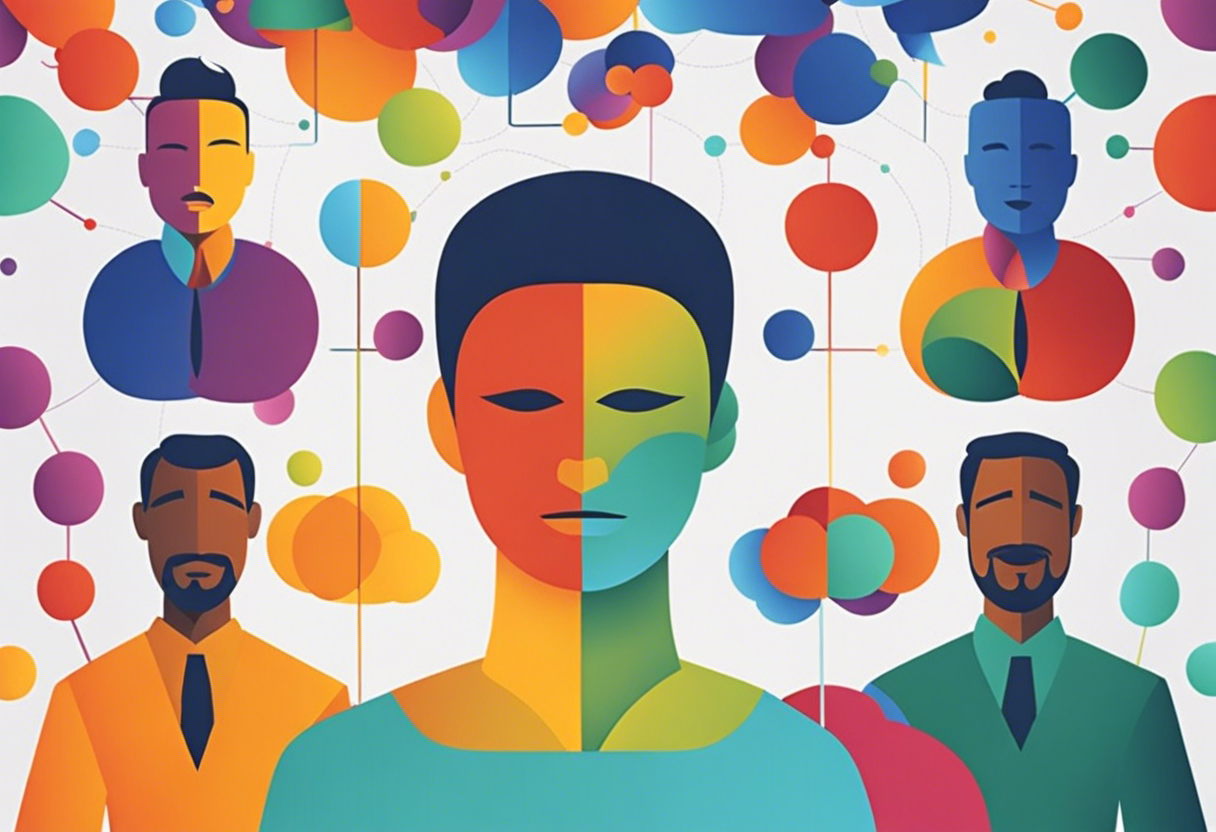Delving into Mind Mysteries: Top 5 Guide to the Intriguing World of Psychiatry
The world of psychiatry is a fascinating labyrinth, intertwining the intricacies of the human mind with the mysteries of emotion, cognition, motivation, and behavior. The study of psychiatry grants us a key to understanding and treating the wide array of mental disorders that touch countless lives across the globe. This journey begins with the very cornerstone of psychiatry – the human mind.
The human mind is a wellspring of thoughts, emotions, and perceptions, all delicately woven together to form our conscious and subconscious selves. It is a rich tapestry of imagination, calculation, deduction, and recollection – without which we would lack self-awareness or the capacity to perceive the world around us. In the realm of psychiatry, understanding the human mind aids in deciphering the complex translations of mental disorders and paves the way for devising effective treatment methodologies.
Yet, the labyrinth of the human mind isn't easily navigable. Unveiling its mysteries involves understanding the intricate network of neural connections, chemical signals, and biological processes that frame our thoughts and emotions. This scientific understanding lays the foundation to develop therapeutic techniques in psychiatry.
Understanding Emotions in Psychiatry

Pioneering in the realm of psychiatry, one must bridge the chasm between conscious, subconscious, and unconscious emotions. Perched atop this emotional Everest, psychiatrists delve into our emotional responses, experiences, and expressions to understand and address various mental disorders.
Emotions, ranging from joy, grief, fear, anger to surprise, contribute significantly to our overall mental health. In psychiatry, these emotions act as diagnostic criteria for diverse mental disorders. A shift in their balance or expression, be it a diminished capacity to experience joy or overwhelming episodes of fear or anger can signal conditions such as major depressive disorder, anxiety disorder, bipolar disorder, or borderline personality disorder.
Furthermore, understanding emotions enables psychiatrists to comprehend how individuals might respond to certain situations, influences the choice of therapy, and its expected outcomes. This is vital for cognitive behavioral therapy and dialectical behavioral therapy, where individuals are trained to recognize and manage their emotional responses to various stimuli.
The Mystery of Motivation

The intricate intricacies of motivation - the unspoken engine driving human thoughts, actions, and behaviors, holds a significant place in the world of psychiatry. Understanding motivation sheds light on the underpinnings of many mental health disorders, including depression, addiction, and eating disorders.
Motivation can be intrinsic - driven by an individual's enjoyment or interest, or extrinsic - incited by external factors like rewards or punishments. In psychiatry, this knowledge plays a crucial role in deciphering why individuals act in certain ways, elucidating their goals and aspirations, and their responses to rewards and punishments.
The relationship between mental disorders and motivation is profound. For instance, an individual suffering from depression may experience a severe decrease in motivation, whereas a person dealing with addiction may show an over-stimulation of reward pathways leading to maladaptive motivation.